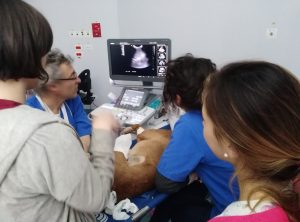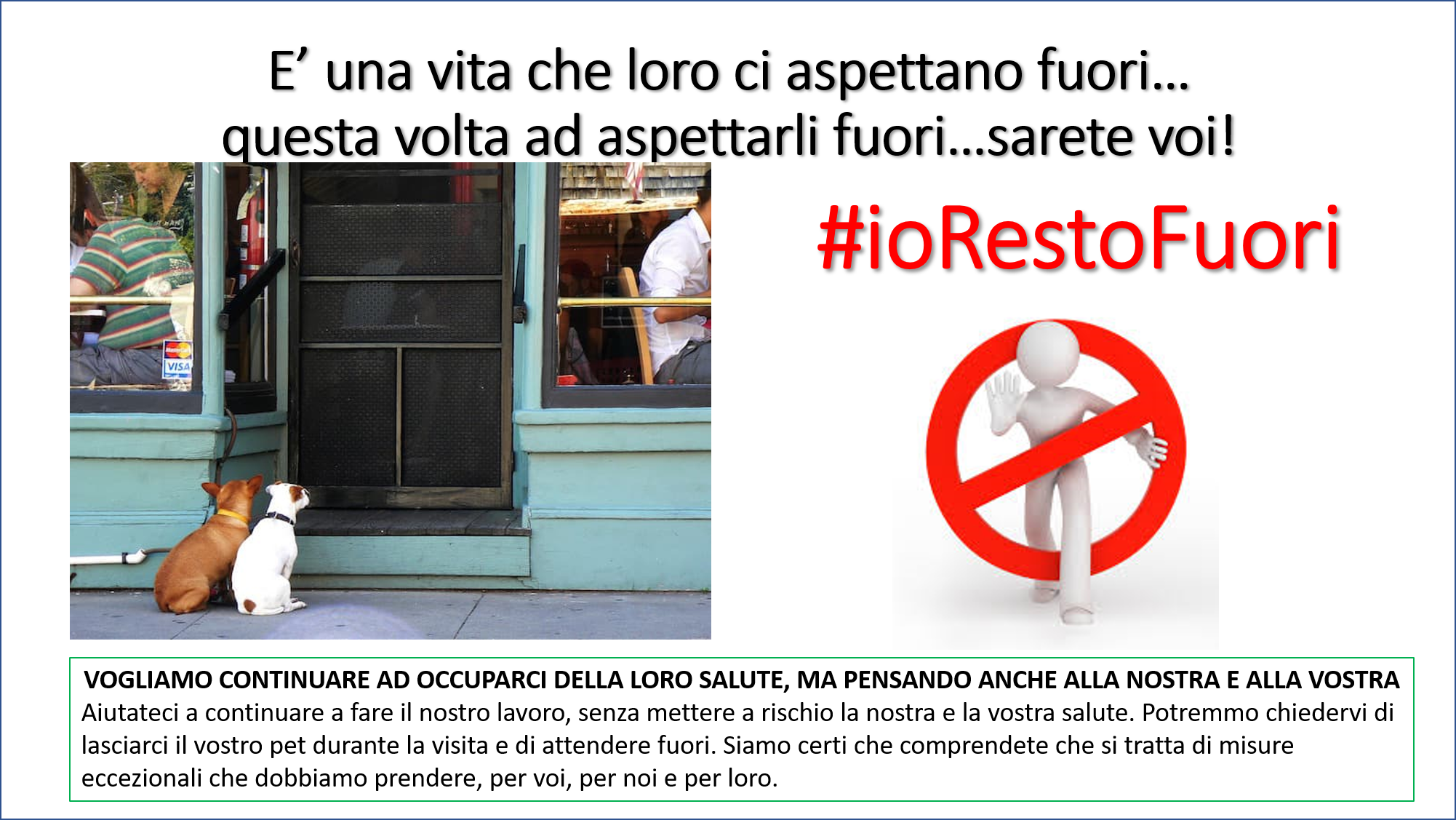Determining optimal therapy of dogs with chronic enteropathy by measurement of serum citrulline
Gerou-Ferriani M1, Allen R2, Noble PM2, German AJ2, Caldin M3, Batchelor DJ2
Determining optimal therapy of dogs with chronic enteropathy by measurement of serum citrulline.
J Vet Intern Med. 2018 May;32(3):993-998. doi: 10.1111/jvim.15124. Epub 2018 Apr 16.
Scarica pubblicazione
Abstract
BACKGROUND
Serum concentration of citrulline is a useful biomarker in human intestinal disease and indicates globally reduced enterocyte mass and absorptive function in various disease states.
OBJECTIVE
To determine whether serum citrulline concentration is a biomarker in chronic enteropathy (CE) in dogs, to provide useful information regarding optimal treatment or to predict outcome.
ANIMALS
Seventy-four dogs with CE and 83 breed- and age-matched hospital controls with no clinical signs of intestinal disease.
METHODS
Retrospective study. Outcome was determined and dogs were categorized by response to treatment as having food-responsive enteropathy (FRE), antibiotic-responsive diarrhea (ARD), or idiopathic inflammatory bowel disease (IBD). Disease severity was quantified by the CIBDAI scoring index.
RESULTS
Serum citrulline concentration did not differ between dogs with CE (median, 8.4 µg/mL, 5th-95th percentile 2.0-19.6) and controls (median, 8.1 µg/mL, 5th-95th percentile 2.2-19.7, P = .91). Serum citrulline concentration was similar between dogs with FRE (median, 9.1 µg/mL, 5th-95th percentile 2.0-18.9), ARD (median, 13.0 µg/mL, 5th-95th percentile 1.6-19.2), IBD (median, 8.4 µg/mL, 5th-95th percentile 2.1-21.0; P = .91). Serum citrulline did not correlate to CIBDAI or to serum albumin concentration.
CONCLUSIONS AND CLINICAL RELEVANCE
In our study, serum citrulline concentration was not associated with efficacy of treatment or outcome in dogs with CE.






 Il Direttore Sanitario Dott. Marco Caldin
Il Direttore Sanitario Dott. Marco Caldin